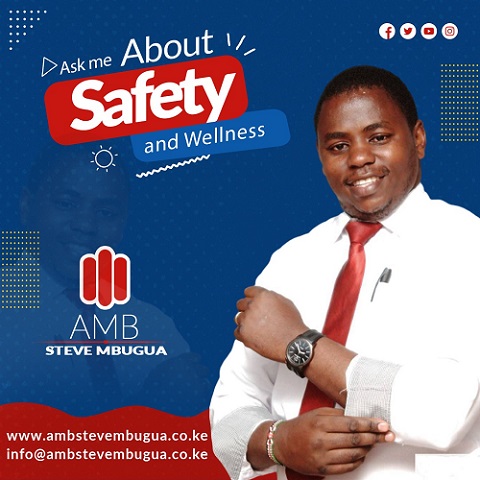First aid skills saves lives and every body should make it a priority to learn this crucial skill as you never know when you will urgently require it. Having the basic life saving skills and Emergency Scene Management knowledge will help you save lives.
We offer the best training experience and equip you to Promptly, Safely and Effectively respond to incidents and attend to casualties. The following are the steps that will help you take care of the situation without putting yourself in danger. Effective Emergency Scene Management is as simple as A-M-E-G-A
– Assess the situation
– Make the area Safe
– Emergency Aid
– Get Help
– Aftermath
1. Assess the situation quickly and calmly
• Safety: Are you or they in any danger? Is it safe for you to go up to them?
• Scene: What caused the accident or situation? How many casualties are there?
• Situation: What’s happened? How many people are involved and how old are they? What do you think the main injuries could be?
2. Protect yourself and them from any danger:
• Always protect yourself first – never put yourself at risk
• Only move them to safety if leaving them would cause them more harm
• If you can’t make an area safe, call for emergency help
3. Prevent infection between you and them
• Wash your hands or use alcohol gel
• Wear disposable gloves
• Don’t touch an open wound without gloves on
• Don’t breathe, cough or sneeze over a wound or a casualty
4. Comfort and reassure:
• Stay calm and take charge of the situation
• Introduce yourself to them to help gain their trust
• Explain what’s happening and why
• Say what you’re going to do before you do it
5. Assess the casualty
• If there’s more than one casualty, help those with life-threatening conditions first
• Start with the Primary Survey and deal with any life-threatening conditions
• Then, if you’ve dealt with these successfully, move on to the Secondary Survey
6. Give first aid treatment:
• Prioritise the most life-threatening conditions
• Then move on to less serious ones
• Get help from others if possible
7. Arrange for the right kind of help
• Call for an ambulance if you think it’s serious
• Take or send them to hospital if it’s a serious condition but is unlikely to get worse
• Suggest they see their doctor if they’re concerned about a less serious condition
• Advise them to go home to rest, but to seek help if they feel worse
• Stay with them until you can leave them in the right care.
It is important to have the appropriate emergency numbers. Makinika Afrika instructors gives you the skills that help you to save lives as well as share with you all the necessary emergency numbers as well as safety materials. We have regular Emergency Scene Managemnt drills for a variety of incidents eg. Fire, Road Traffic Accidents, Collapsed building, Active Shooting, Terror Attack etc.
You can get hundreds of First Aid and Safety Videos via https://www.facebook.com/makinikaafrika.org/



















